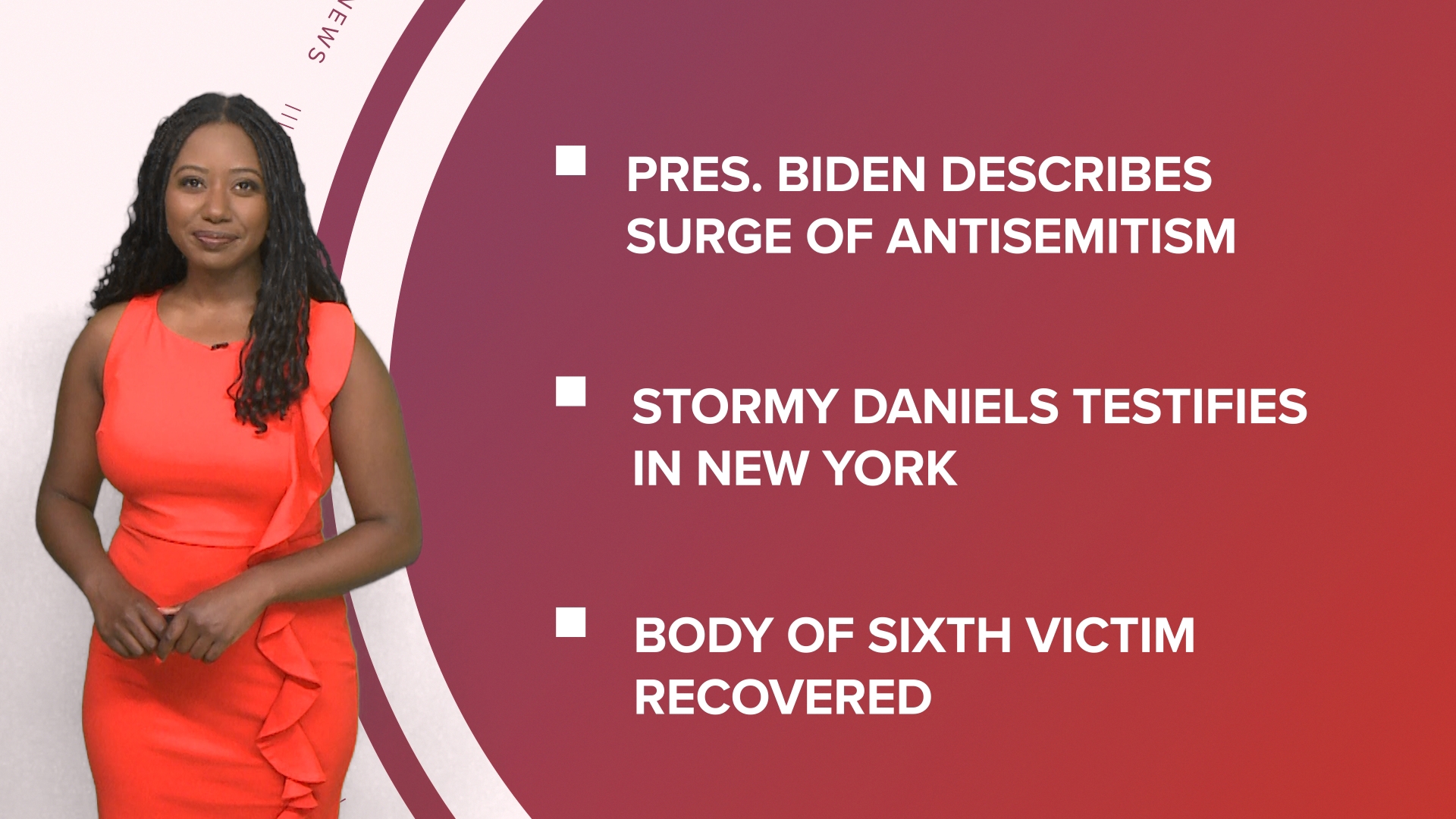CALIFORNIA, USA — The California Supreme Court will decide in the coming weeks whether to remove a sweeping anti-tax measure from the November ballot, blocking an effort to increase the requirements for implementing taxes, fees and other government charges in the state before voters have a chance to weigh in.
Gov. Gavin Newsom, the Legislature and others sued last fall to stop the business community-sponsored initiative, arguing that it amounts to an illegal attempt to revise the California Constitution and would impair essential government functions.
With a June 27 deadline to set the ballot for the November election, the court must rule soon about whether to allow the proposed measure, formally known as the Taxpayer Protection and Government Accountability Act, to proceed.
At an hour-long hearing this morning in San Francisco, the justices grappled extensively with a provision that would require the Legislature to seek approval from the voters for any new or higher state tax. Currently, lawmakers can raise taxes by a two-thirds vote of both chambers.
“From the founding of the state, the Legislature has had the supreme power of taxation,” Margaret Prinzing, an attorney representing the state, told the court. “This measure would revoke that power for the first time in the history of California and instead put it in the hands of the voters.”
Prinzing argued that, rather than simply amending tax law in the state constitution, this would fundamentally restructure how government operates — a more substantial change that can only be proposed by a two-thirds vote of the Legislature or through a constitutional convention.
Justice Goodwin Liu pressed the lawyer for the initiative’s proponent, the California Business Roundtable, about that idea repeatedly during the hour-long hearing. He asked at one point whether giving voters authority over state taxes would create a fourth branch of government.
“Doesn’t this measure essentially shift us from a republican form of government far more strongly towards a direct democracy, given how fundamental the taxing power is?” Liu said.
Thomas Hiltachk, the lawyer representing the business group, asserted that the power of the legislative branch is shared with the public and thus the Legislature has no unilateral power to impose taxes.
“Our constitution, since its inception, has stated that all political power is inherent in the people. It has stated that the people have the power to reform and alter their government whenever they decide it needs reform,” Hiltachk said, adding later, “The people have the last word.”
The proposed initiative would broadly make it more challenging to raise taxes in California, including by also increasing the margin to pass a voter-initiated special tax at the local level, to two-thirds from a simple majority.
Other consequential provisions — which could upend the operation of California government at every level — would restrict how officials can calculate the cost of fees that fund public services and programs and reclassify some of those charges as taxes. That would prohibit administrative agencies from setting these levies, requiring the Legislature or local governments to turn to the voters to adjust them.
Proponents say their initiative is a necessary crackdown on loopholes created by legislators and court rulings that weakened previous voter-approved tax accountability measures and allowed an unelected administrative bureaucracy to flourish. It has been heavily supported by the real estate industry and a private ambulance company, which frequently battle local governments over taxes, fees and assessments to fund public services.
But since it secured its eligibility more than a year ago, Democratic politicians, organized labor and other opponents have worked feverishly to undermine the initiative and toss it from the ballot.
In addition to the lawsuit, legislators voted in the final weeks of session last summer to put a competing measure on the ballot that would flip the California Business Roundtable initiative’s own higher standards against it, requiring that changes to the threshold for approving state and local taxes pass by that same margin. That would mean it needed to secure two-thirds support from the electorate, rather than a simple majority, a high hurdle for a statewide measure.
At this morning’s hearing, attorney Prinzing argued that the proposed overhaul to how governments can raise revenue would hinder their ability to respond quickly to fiscal emergencies and might change the nature of what taxes are even possible in California, by transferring those decisions away from experts who can consider them within the full context of budgets and spending priorities.
“The voters simply don’t have the capacity to do that,” she said.
Hiltachk responded that the state has faced emergencies in the past and recovered from most of them without ever choosing to raise taxes.
“If the Legislature believes it needs a more long-term solution, it can certainly ask the voters,” he said.
The justices appeared sympathetic to the state’s arguments about the practicality of the initiative. Liu in particular noted how “vast” its impact would be, potentially affecting everything from traffic tickets to library fines.
“If you wanted a measure that spoke to the concerns that you raised, that would be a different measure,” Liu told Hiltachk.
But several justices expressed uncertainty about the appropriateness of deciding the legality of the initiative prior to the election, as well the state’s request to strike down the entire measure rather than considering each provision on its own merits.
Hiltachk urged the court not to thrust itself into a political judgment and allow the voters to have their say.
“This tug-of-war over taxation has been going on for over 100 years,” he said.
This article was originally published by CalMatters.
WATCH ALSO:



















